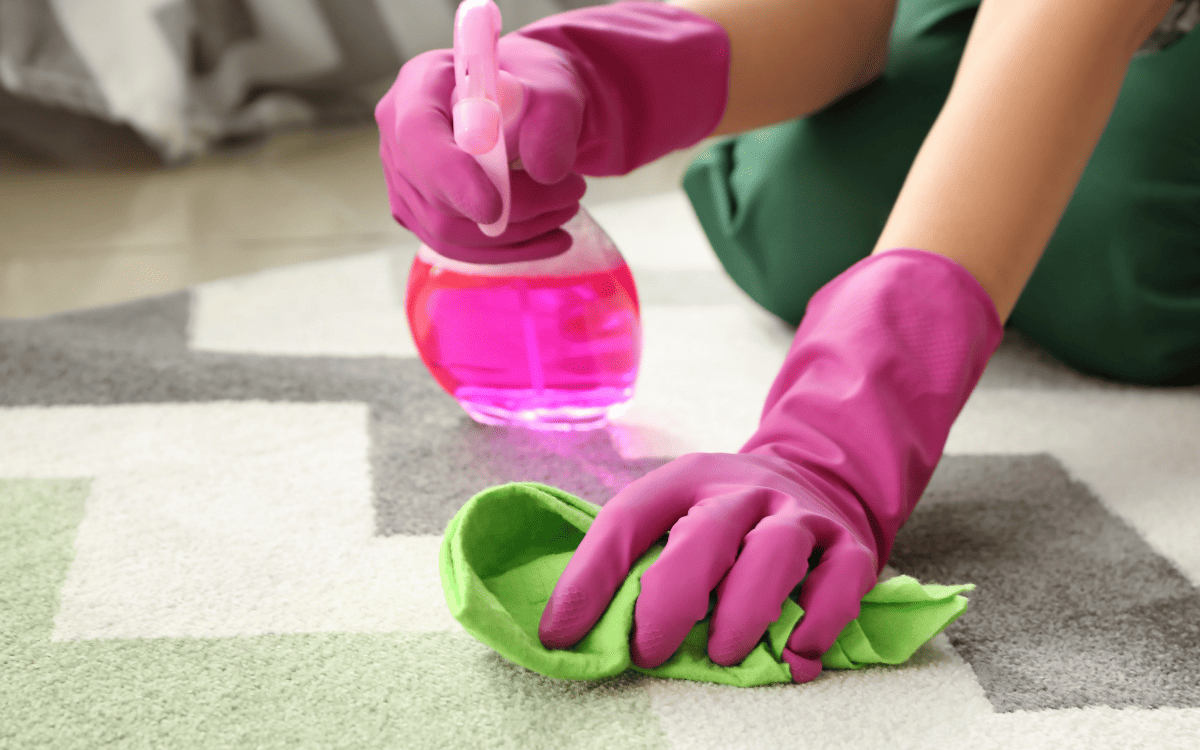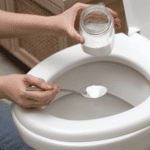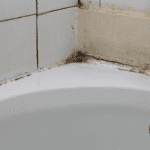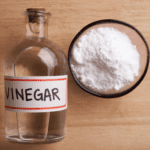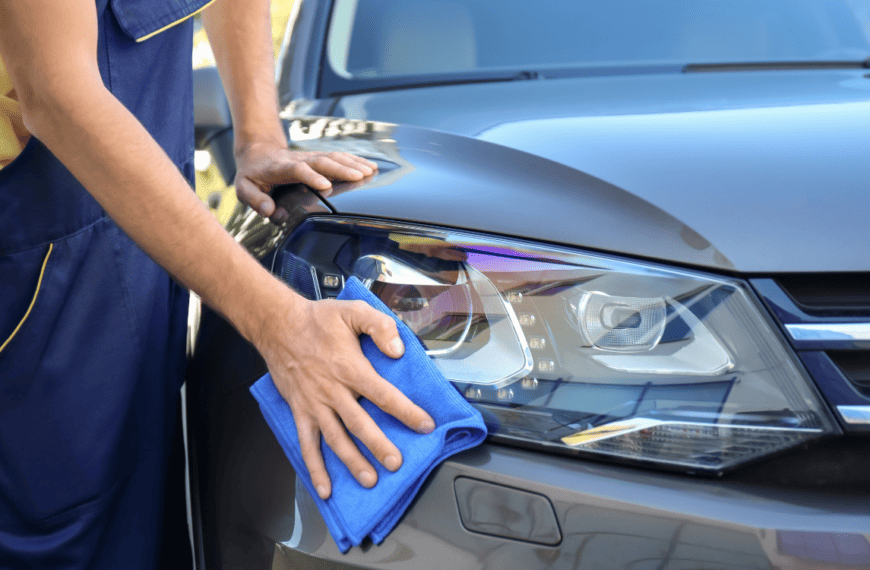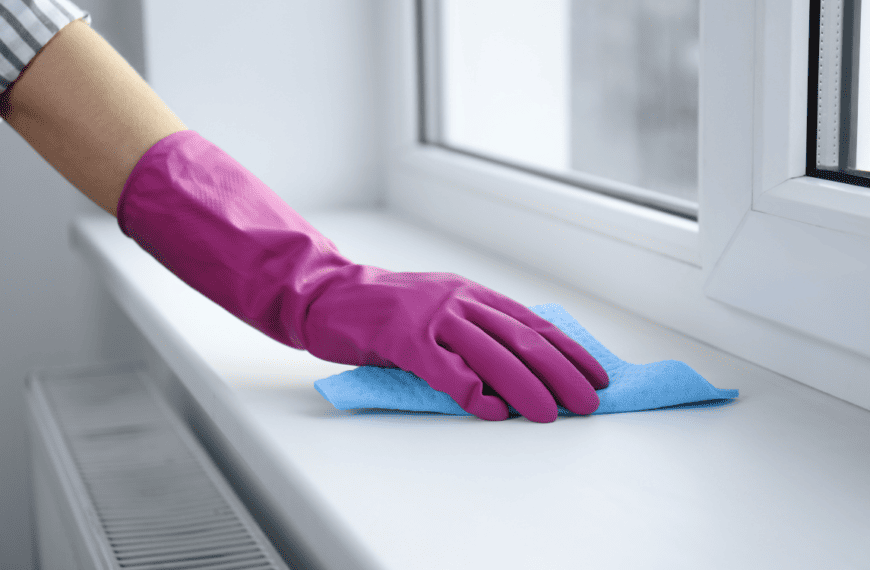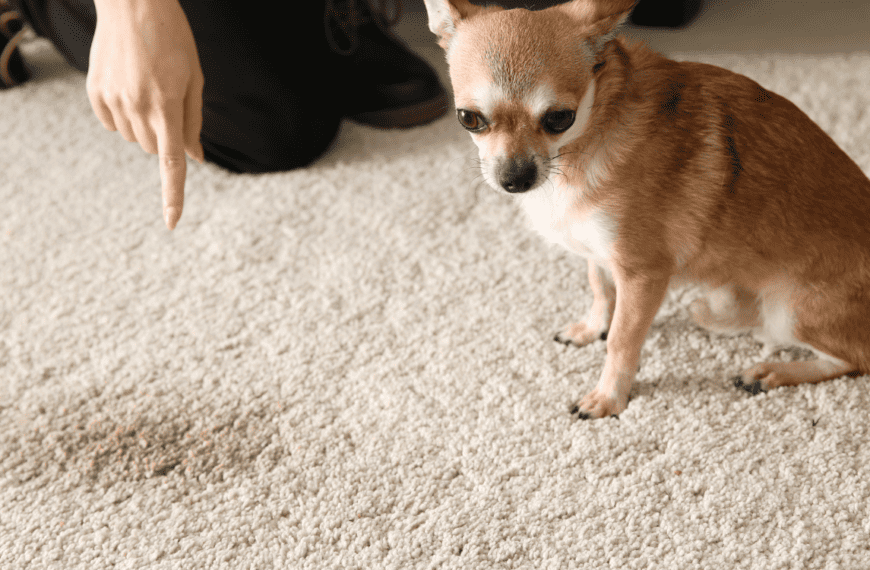Since becoming a family man, I’m increasingly in tune with and appreciative of a house’s atmospherics, particularly its odors. It isn’t only the innumerable messes my kids and pets create that keep smells top of mind. I’m much more invested in maintaining a pleasant scent for its benefits to household health, affecting everything from my mood to my children’s academic success.
Soft and absorbent, the carpets in the house are often ground zero for stinky aromas. Pet urine, smoke smells, and everyday dust can build and allow a nasty odor, whether it accompanies a stain or not. If you’re trying to keep your home smelling fresh and inviting, I’ll explain how to remove odor from carpet safely and efficiently.
Before You Begin: Essential Tips
- Stick with gentle deodorizers. You can eliminate most carpet smells with simple, DIY deodorizers that won’t risk damage
- Vacuum regularly. Vacuuming at least twice weekly is one of the best ways to prevent stale odors from developing in the room
- Keep the room well-ventilated. Circulating fresh air will keep unpleasant odors from overpowering a space
How To Refresh a Smelly Carpet
While specific stains and subsequent smells often clean easiest with targeted solutions, baking soda is one of the best odor eliminators for carpets with a generally unpleasant odor. Simple sprays work as well, whether homemade or store-bought. No matter the odor remover you use, vacuuming the entire carpet well before deodorizing will ensure the best results.
If the odor stems from a specific carpet stain, you must clean rather than simply deodorize. Removing the source is the only way to remove a carpet smell permanently. Research the type of stain and apply a targeted solution to remove it.
Top Recommendation: Sprinkle Baking Soda
Baking soda is a classic natural absorbent for odors around the house and my preferred solution for getting a bad smell out of the carpet. It’s non-toxic, convenient, and effective, which explains why it’s the foundation for many commercial carpet deodorizing powders.
Tools and Supplies
- Baking soda
- Colander (optional)
- Essential oils (optional)
- Shop vac
How To Remove Odors From Carpet With Baking Soda
Baking soda is the best carpet odor eliminator because it absorbs excess moisture and neutralizes the acidic odors that often bury themselves in fibers. Sprinkle a generous layer of baking soda over the carpet. Shake it through a strainer to break up clumps and distribute the powder evenly. Let the baking soda sit for at least 30 minutes before vacuuming.
Tip! For a fresher aroma, pour baking soda into a bowl and add several drops of your favorite essential oils. Mix the powder around and sprinkle it onto the carpet. Alongside the pleasant scents, essential oils offer various physical and mental benefits, helping to uplift the mood, reduce stress, and even improve cognitive function.
Warning! Some people advise against using baking soda to deodorize the carpet. The argument is that baking soda can stick in the rug even after vacuuming, causing ongoing abrasive damage to the carpet fibers and potentially the backing. When you vacuum up the baking soda, the tiny particles can clog your machine’s motor and cause it to fail.
I rely on baking soda to deodorize the carpet in a pinch. While I haven’t seen any significant wear on my rug, the powder can give your vacuum cleaner problems if you don’t keep it exceptionally clean. If you use baking soda, vacuum it with a shop vac for better suction and less chance of a breakdown.
Spray a White Vinegar Solution
White vinegar is a carpet-safe, natural deodorizer that binds with odor molecules and neutralizes alkaline compounds like ammonia from pet urine. The odor dissipates quickly as the vinegar evaporates, and you can cover the acidic scent by including a few drops of essential oil with it.
Mix a 50/50 solution of distilled white vinegar and warm water in a spray bottle. Spray the carpet with the vinegar solution, and spray it lightly over the affected area or the whole carpet. Open windows and turn on fans to speed up the drying process.
Rubbing Alcohol or Vodka
Alcohol is a fast-acting disinfectant that can kill many microorganisms responsible for nasty lingering odors in the carpet. Standard 70% isopropyl alcohol or clear alcohol like vodka won’t stain the material nor leave behind a residue. Although the initial smell is off-putting, alcohol dries quickly. Pour some into a spray bottle, spritz the carpet, and let it evaporate, taking the foul odors with it.
Tip! Do you have some of your homemade window cleaner on hand? The same ingredients that keep your glass streak-free can help you deodorize your carpet without requiring extra work!
Commercial Carpet Deodorizing Products
If you want an upgrade to the DIY carpet odor remover, check out a carpet deodorizing powder or spray product. A few safe and effective options to consider include:
- Good Natured Carpet Freshener (4.4 out of 5). Best for advanced pet odor elimination. It’s also biodegradable and eco-friendly
- Angry Orange Odor Eliminator (4.4 out of 5). Best for strong odor elimination and has a fresh and citrus scent
- Aunt Fannie’s Carpet Refresher Powder (4.3 out of 5). Best for natural ingredients is free from harsh chemicals. It’s also pet-friendly!
- NonScents Carpet Odor Eliminator (4.0 out of 5). Best for fragrance-free and is safe for children and pets
How to Deep Clean Carpet Odors
If your initial simple carpet deodorizing powders or sprays didn’t work, your carpet may be ready for a deep clean. In worst-case scenarios, you may need professional carpet cleaners for a complete refresh. Before going to those lengths, try a carpet cleaner to shampoo and deep clean the entire floor.
Carpet Cleaner
A carpet cleaner like the Bissell TurboClean PowerBrush uses carpet shampoo, deep-digging bristle rollers, and forceful suction to extract stains and odor-causing bacteria. Pair it with an appropriate carpet shampoo, and follow your machine’s instructions for proper use. It will take at least a few hours to dry. To speed up the dry time, open the windows and turn on fans to create a cross-breeze, or set up a dehumidifier to extract the excess moisture.
Tips for Tackling Different Types of Odors
Different odors call for unique solutions. Although the general-purpose carpet deodorizers I mentioned so far can be effective for many smells, a stain-specific solution is often best for lasting relief.
Smoke Smell
Baking soda is my preferred solution for removing smoke odors on the carpet. But if you’re dealing with this type of smell, it likely isn’t isolated to your carpet. You may need to take extra measures to remove odor particles trapped in your furniture, walls, HVAC system, and surface dust. Check out our article on removing smoke smells from the house for a complete breakdown of beneficial steps you can take today.
Pet Stains
Pet odors from feces and urine stains are some of the most foul and persistent smells your carpet can acquire. For these, you need a targeted solution. While you have a few DIY and commercial solutions that can work on pet stains, spraying an enzymatic cleaner is the best method to eliminate the odor.
Enzyme cleaners use bacteria and enzymes to speed the breakdown of various urine, feces, and vomit components. They don’t stain or cause health issues, often allowing you to leave them on your carpet as long as needed. Some of my top product recommendations include:
- Rocco & Roxie Stain & Odor Eliminator
- Biokleen Bac-Out Stain Remover
- Simple Solution Pet Stain and Odor Remover
If you’re dealing with a fresh urine stain, you’ll want to dry it quickly by blotting it with a paper towel or sprinkling baking soda to absorb the moisture. For stubborn dried stains, read our insights on cleaning old urine on the carpet to prevent recurring smells and pet accidents in the same spots.
Mold and Mildew Odors
Deodorizing is a matter of household health when you’re stuck with a mold and mildew smell in the carpet. The first step is dehumidifying to prevent further mold growth. From there, you can apply one of several mold killers, such as vinegar or hydrogen peroxide, dabbing moldy sections with the solution and a clean cloth. After cleaning, drying the area quickly and thoroughly is crucial to remove moisture that mold spores can use to re-root.
Steam cleaning is one of the most effective ways to deep clean and remove mold spores in the carpet. A handheld tool like the Dupray Neat Steam Cleaner is ideal for spot-cleaning moldy spots emitting a musty odor. But watching the humidity and monitoring for re-emerging smells after cleaning is critical to prevent future growth. If you can lift the carpet to check the backing and subfloor, you can better determine whether you should clean or replace it.
You may also like:
How To Clean Mold From Carpet: Save Time and Money
How to Remove Old Urine Stains from Carpet Effectively
How to Get Poop Stains Out of Carpet in 5 Easy Steps
How to Get an Awful Vomit Smell Out of the Carpet
Top Tips to Easily Clean Dog Diarrhea from Carpet
How To Clean Pet Stains From a Carpet Easily and Naturally
How To Prevent Carpet Odors
You can’t always prevent unexpected child or pet accidents, food spills, or roof leaks, but if you keep up with general maintenance, your carpet and rugs shouldn’t develop foul odors. Vacuum at least twice weekly. Select a high-quality vacuum, preferably with a HEPA filter that can capture the smallest contaminants possible.
Deep cleaning at least 1–2 times annually is also encouraged to refresh your carpet. Your standard carpet cleaner can often handle the job, or you could rent a more powerful deep cleaner like a Rug Doctor as part of your spring cleaning checklist.
Beyond sticking to the usual cleaning routine, here are a few more tricks for keeping your carpet smelling amazing:
- Clean up spills quickly. Soak up and treat spills and pet accidents before they dry to make them as easy to clean as possible
- Groom your pets. Following an appropriate brushing and bathing routine will minimize shedding around the house
- Maintain proper humidity levels. Keeping relative humidity to around 30–50% will prevent bacterial and mold growth that contributes to carpet odors
- Remove shoes at the door. Taking off your shoes before entering the house will significantly reduce the dirt, bacteria, and other contaminants reaching your carpet
- Maintain your HVAC system. Changing HVAC filters every three months and performing annual maintenance will ensure proper ventilation and air filtration, reducing dust and stale odors in your carpet
- Add a protectant. If you’re constantly fighting messes, a stain-blocking protectant spray like Scotchgard can make carpet cleanups much easier
Where Do Carpet Odors Come From?
Carpets are highly absorbent, attracting and trapping various odorous sources. Bacterial breakdown of pet stains or food spills can cause the rug to stink, while warmth and humidity will accelerate the process and worsen the smell. By vacuuming frequently and keeping the room dry and well-ventilated, you remove the ideal environment for mold to develop and odor-causing microbes to release foul odors.
Frequently Asked Questions (FAQ)
Why Does My Carpet Smell Worse After Cleaning?
If your carpet smells worse after cleaning, it’s either due to excess moisture or ineffective cleaning solutions. Quick and thorough drying is crucial to prevent lingering odors. If dampness isn’t the issue, consider the cleaner’s effectiveness. Using the wrong product can make odor removal more challenging. Always research the best methods for your specific stain to avoid wasting time and effort.
Are Store-Bought Carpet Deodorizers Safe for Pets?
Most store-bought carpet deodorizers are generally safe for pets, but caution is key. Keep pets out of the room during application and always read labels for any warnings. Powdered deodorizers pose an inhalation risk, so it’s best to keep your furry friends away until you’ve vacuumed. Even if a product like baking soda is safe, why take the chance of your pet tracking it around?

